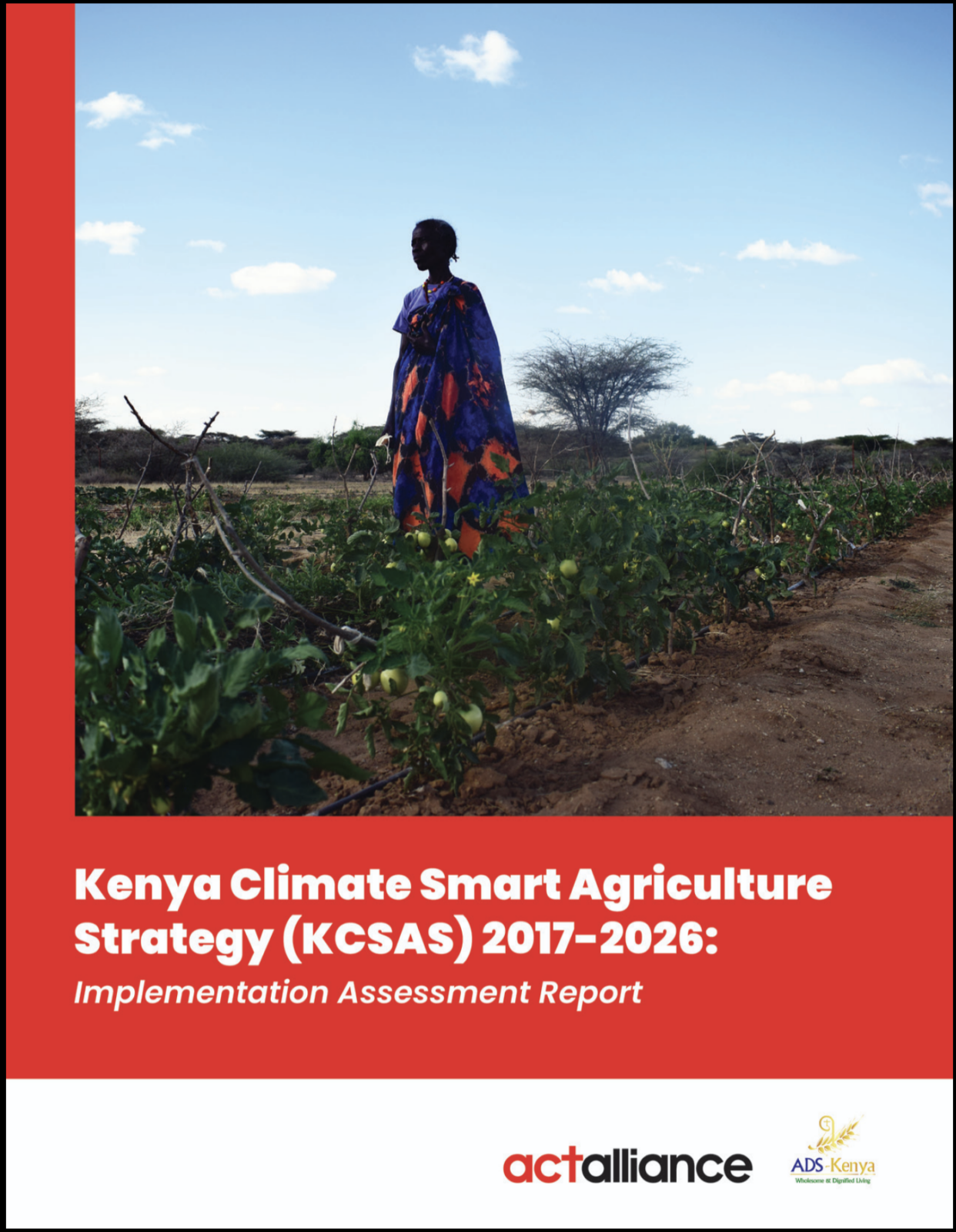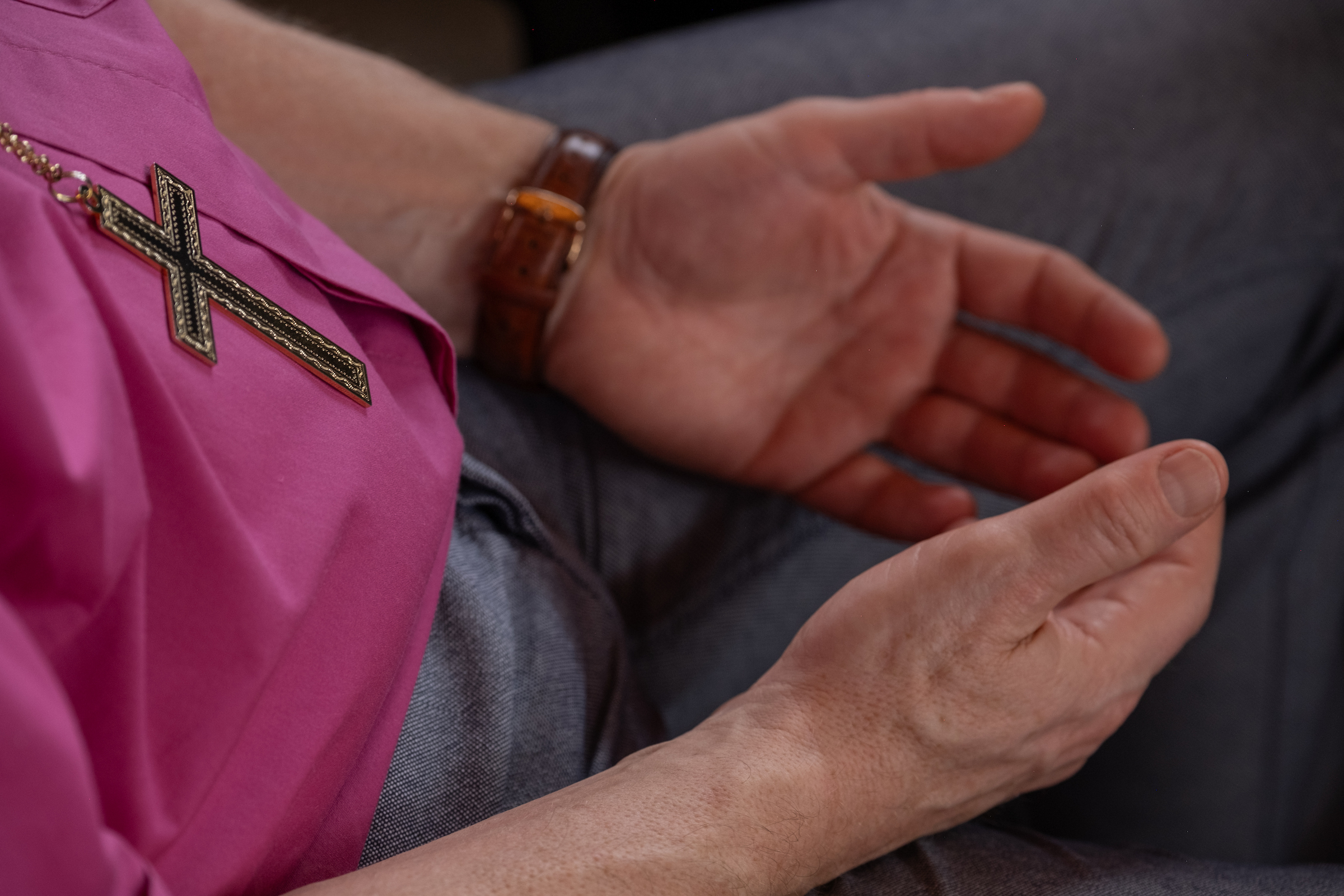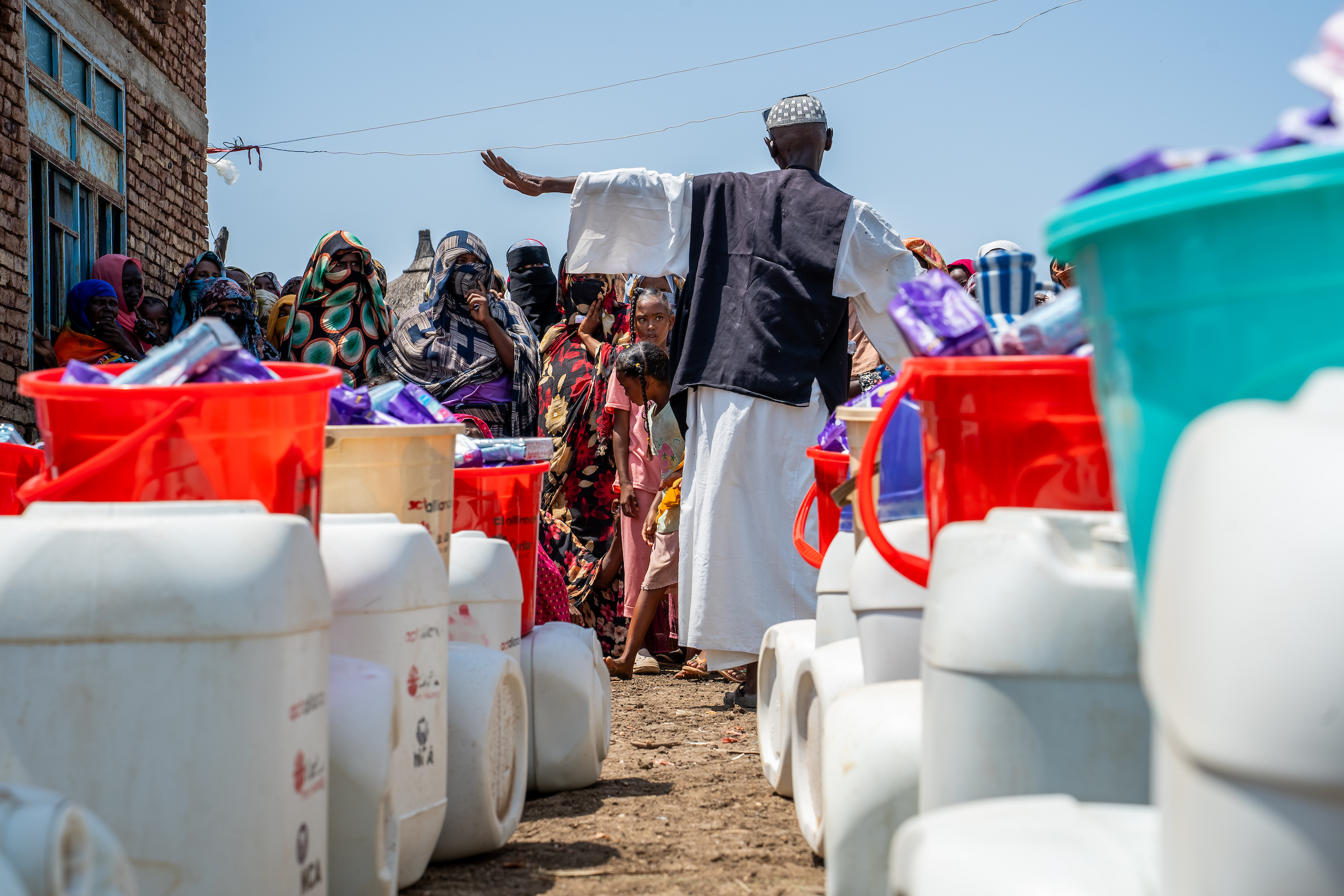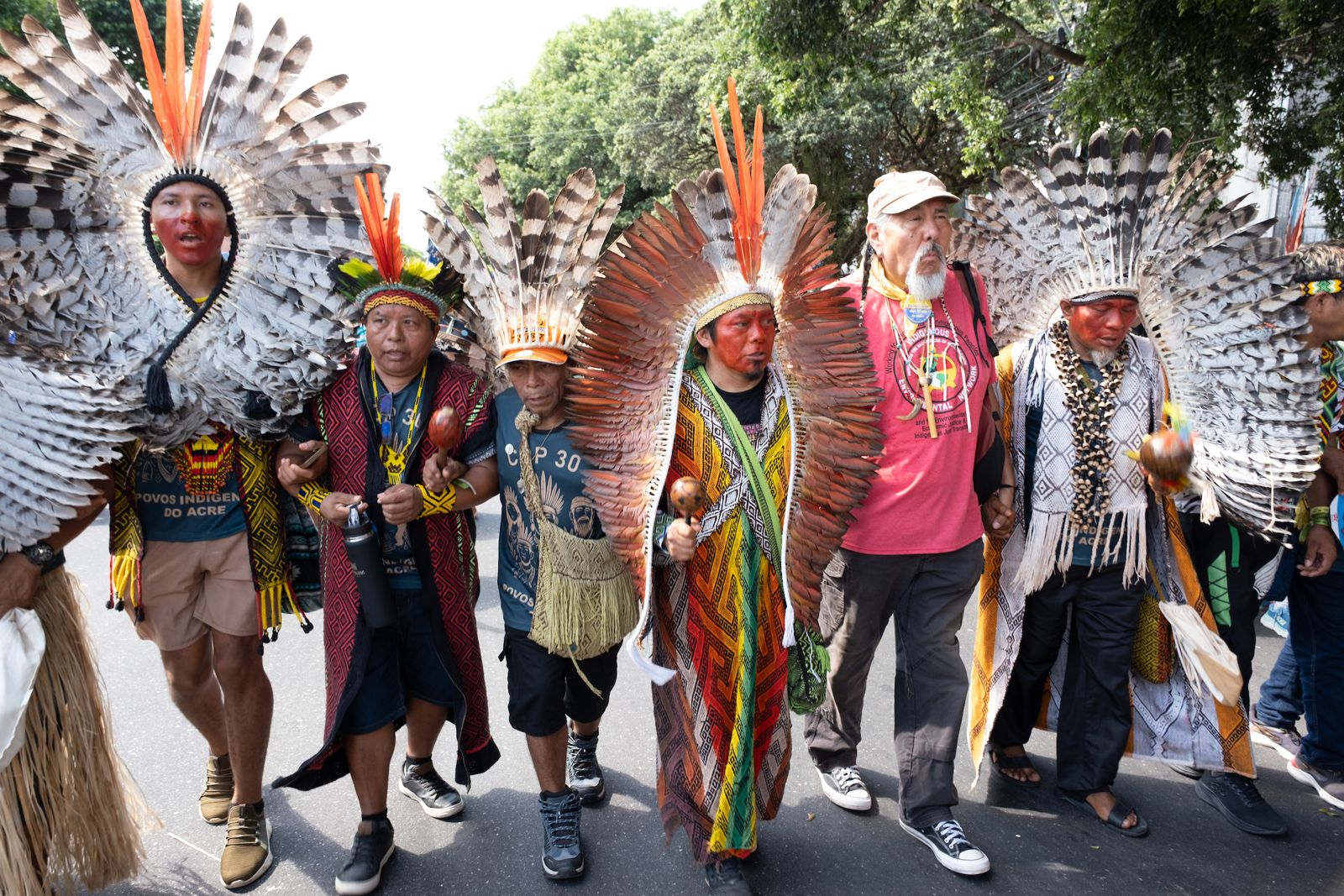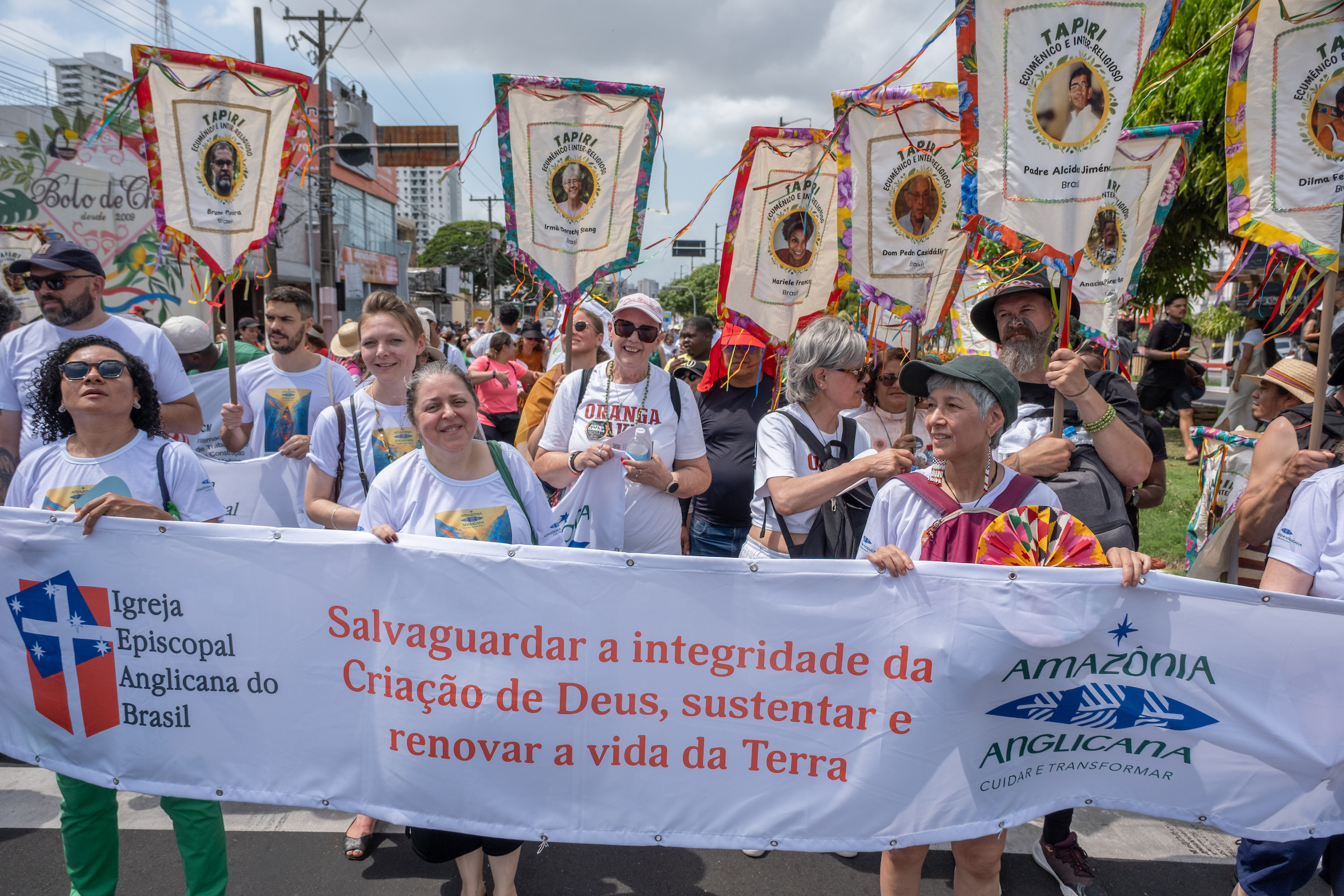Faith communities are mobilising to demand justice for communities harmed by corporate practices. Our collective experience has shown us that people living in poverty, who are marginalised or who face discrimination, have long borne the brunt of displacement, dispossession and exploitation carried out in the pursuit of profit. A United Nations binding treaty on business and human rights would hold corporations accountable for human rights abuses and environmental destruction. Some of the worst abuses by businesses occur far from the eyes of end-of-line consumers living in wealthy countries. Extractive industries, often operating in remote rural areas, decimate ecosystems and the lifeways that have long nurtured and depended on them.
A Moral Imperative for Justice
Faith communities are joining wider civil society calls to demand collective, global action to prevent abuses and address the governance gaps that allow abuses to happen with impunity.
Faith-based organisations and leaders have a long history of confronting systemic exploitation of vulnerable populations, particularly those living in poverty, Indigenous communities and people facing discrimination, who are disproportionately affected by corporate harm.
A faith-based Call to Action, initiated by Christian Aid and supported by over 80 faith leaders and organisations globally, is a powerful example of this advocacy. The call reinforces the need for binding international regulation to ensure justice for affected communities. Dr. Juan Carlos Ochoa, an Advisor at Christian Aid’s Global Advocacy and Policy team, emphasises that as international solidarity wanes in many quarters, faith leaders and organisations can counter this by demanding collective, global action to address the governance gaps that allow corporate abuses from happening and the often-associated impunity that accompany them.
Voices from the Frontlines
Faith leaders from regions most impacted by extractive industries and corporate exploitation are central to this movement. In Guatemala, Indigenous communities face displacement and environmental degradation due to mining operations that often proceed without their informed consent. Indigenous communities, as highlighted by Udiel Miranda of COPAE, are worst affected, particularly through a failure to respect their right to give or deny informed consent to any development projects on their ancestral lands, and often by leaving behind a legacy of contaminated land and water forcing people to migrate away from their homes. Jobs created are short-lived as mining companies often move on after finite resources are depleted, failing to contribute to sustainable development.
In Kenya, faith leadership matters, because of its deep moral authority and influence across generations, with the power to ‘convince and convene’. Dolphine Kwamboka of the World Young Women’s Christian Association emphasises that there is a need for meaningful youth participation, because young people are the faith leaders, ‘not just of tomorrow, but also of now’, helping to shape narratives, spur action for justice and challenge inequalities and discrimination (including those associated with religion) that are a barrier to progress, and which render people voiceless and vulnerable. As Dolphine put it, ‘young people bring compassion, urgency and love, over and above policy’.
Young people bring compassion, urgency and love, over and above policyDolphine Kwamboka World YWCA
Faith as a Catalyst for Change
Faith leaders like Bishop Martin Hayes, Bishop of Kilmore, Ireland, and Episcopal Coordinator for Laudato Si’, remind us that spirituality must be intertwined with justice. Drawing on the teachings of Laudato Si’, he calls for a shift from consumerism to a shared sense of global responsibility. In a world where decision-makers are often far removed from the realities of those most affected, faith communities serve as bridges, connecting moral conviction with political action. Bishop Hayes reminds us that, in a globalised world, our neighbours are not just ‘next-door’ but throughout the world. It is our neighbours in the global south who are suffering the consequences of climate change and the negative impact of the pollution caused by some multinational companies.
As faith communities throughout the world, we need to connect and be in solidarity with those who are suffering due to corporate practices. A refocusing on our shared humanity rather than just national interests, and on spirituality, rather than just consumerism, is critical to our faith practices. We need faith because science, Bishop Hayes argues, is apparently not enough to steer us in the right direction.
The advocacy of faith-based organisations is not limited to moral appeals; it is grounded in strategic collaboration with civil society movements. Our efforts can help strengthen the civil society movement and the treaty process on business and human rights overall and amplify the voices of those often left unheard. As Rev. Dr. Elaine Neuenfeldt of ACT Alliance puts it, this is a call for a “prophetic diakonia” — a justice-centred spirituality that binds us together across borders and beliefs.
Faith communities are uniquely positioned to challenge corporate harm and advocate for systemic change. Their moral authority, grassroots presence, and global networks make them powerful agents in the fight for human rights and environmental justice.
—
The contributions shared in this article were expressed in a recent webinar hosted by Christian Aid, ACT Alliance, Trocaire, World YWCA, and many others, which aimed to mobilise faith communities to advocate for a legally binding treaty on business and human rights, which you can watch here.

